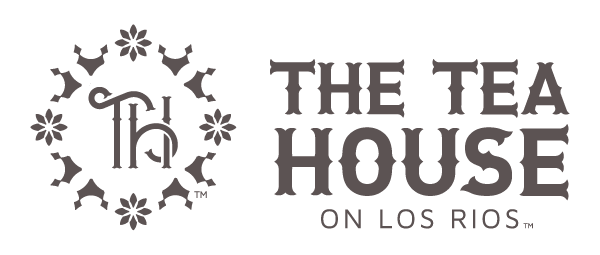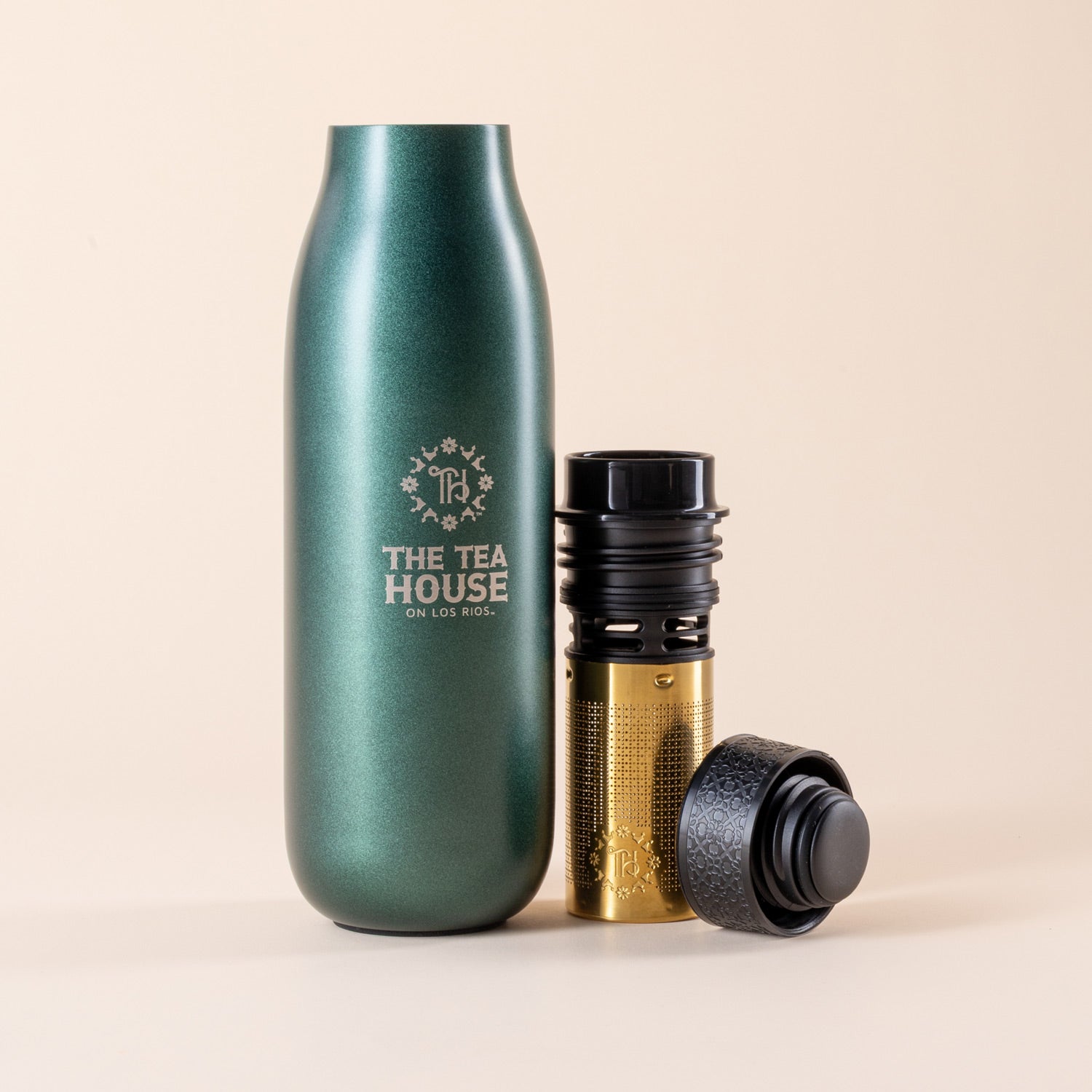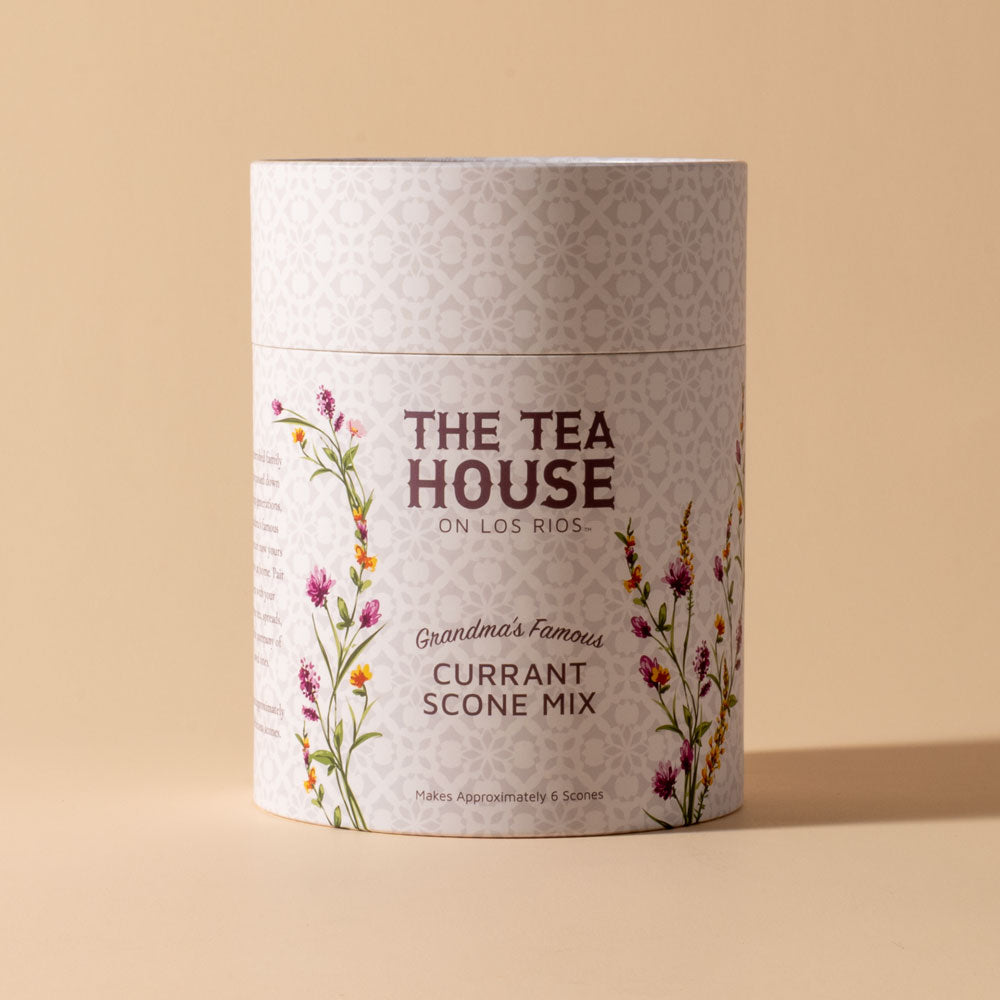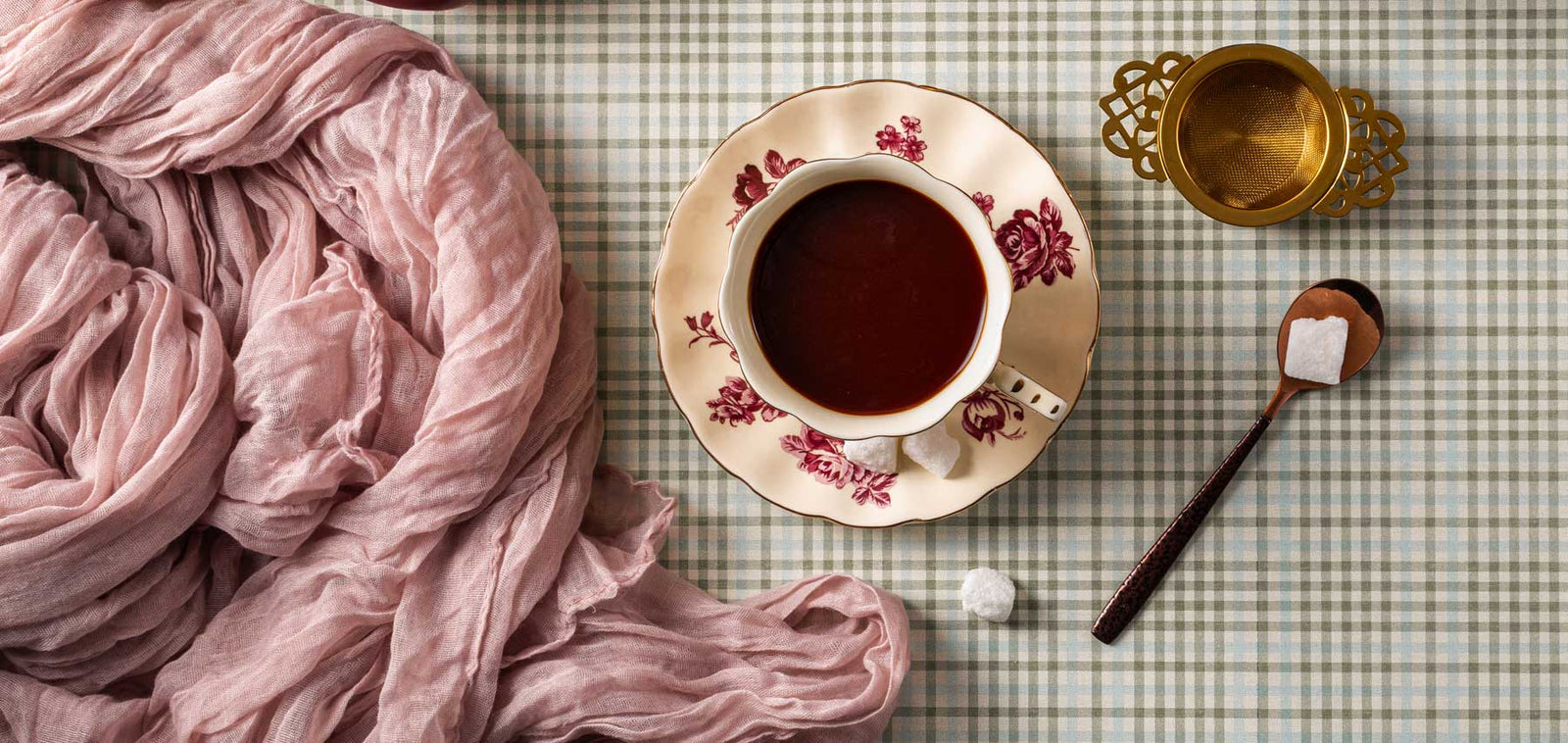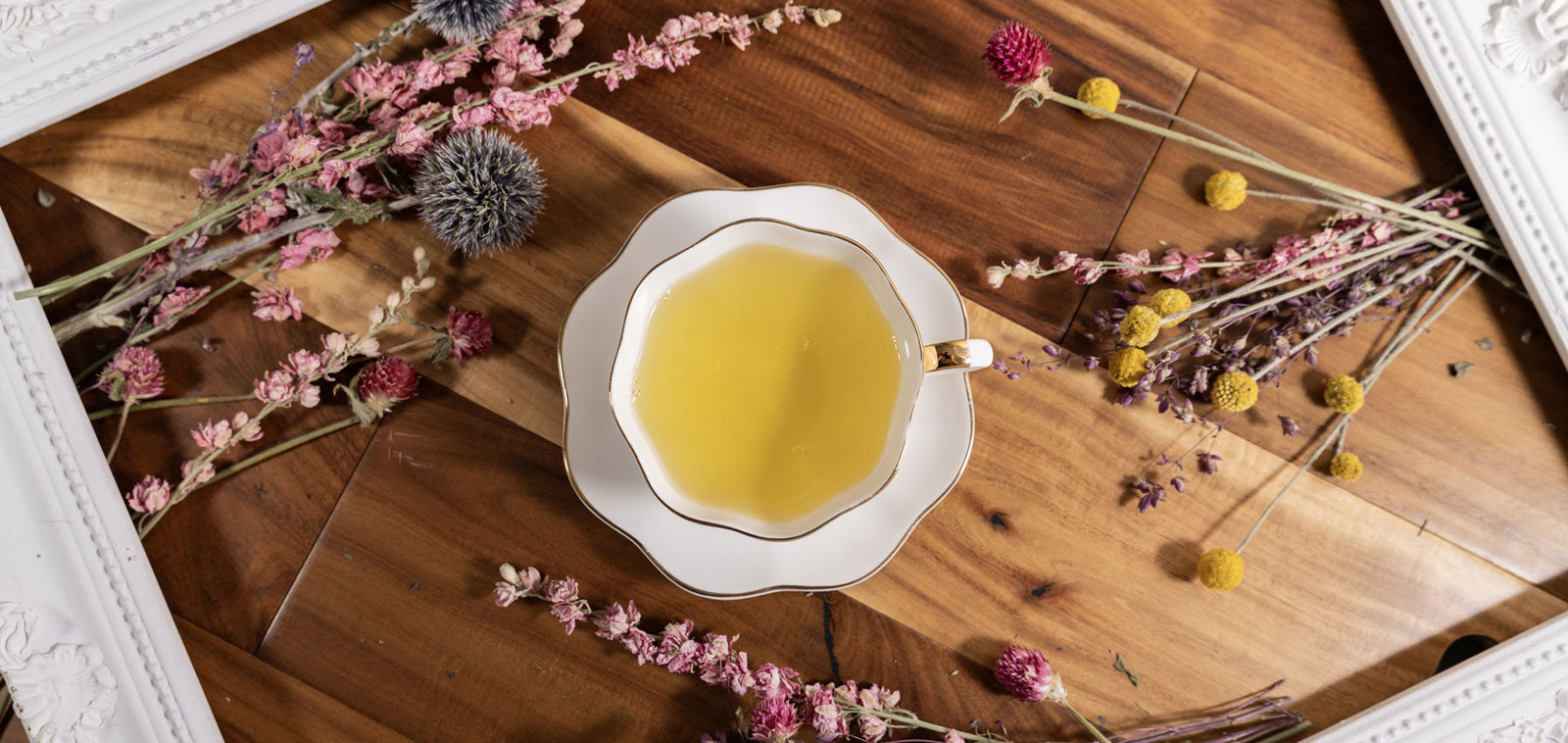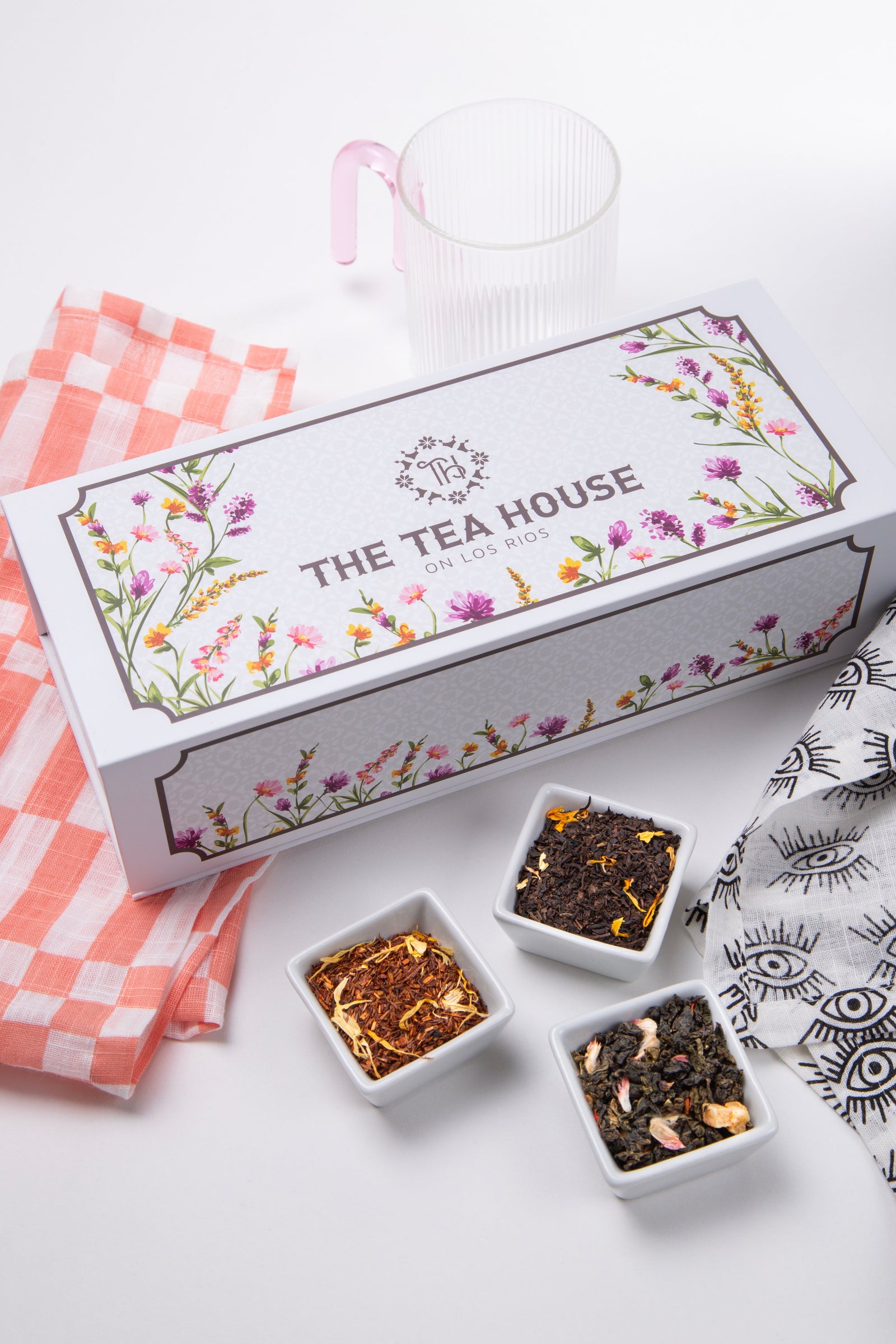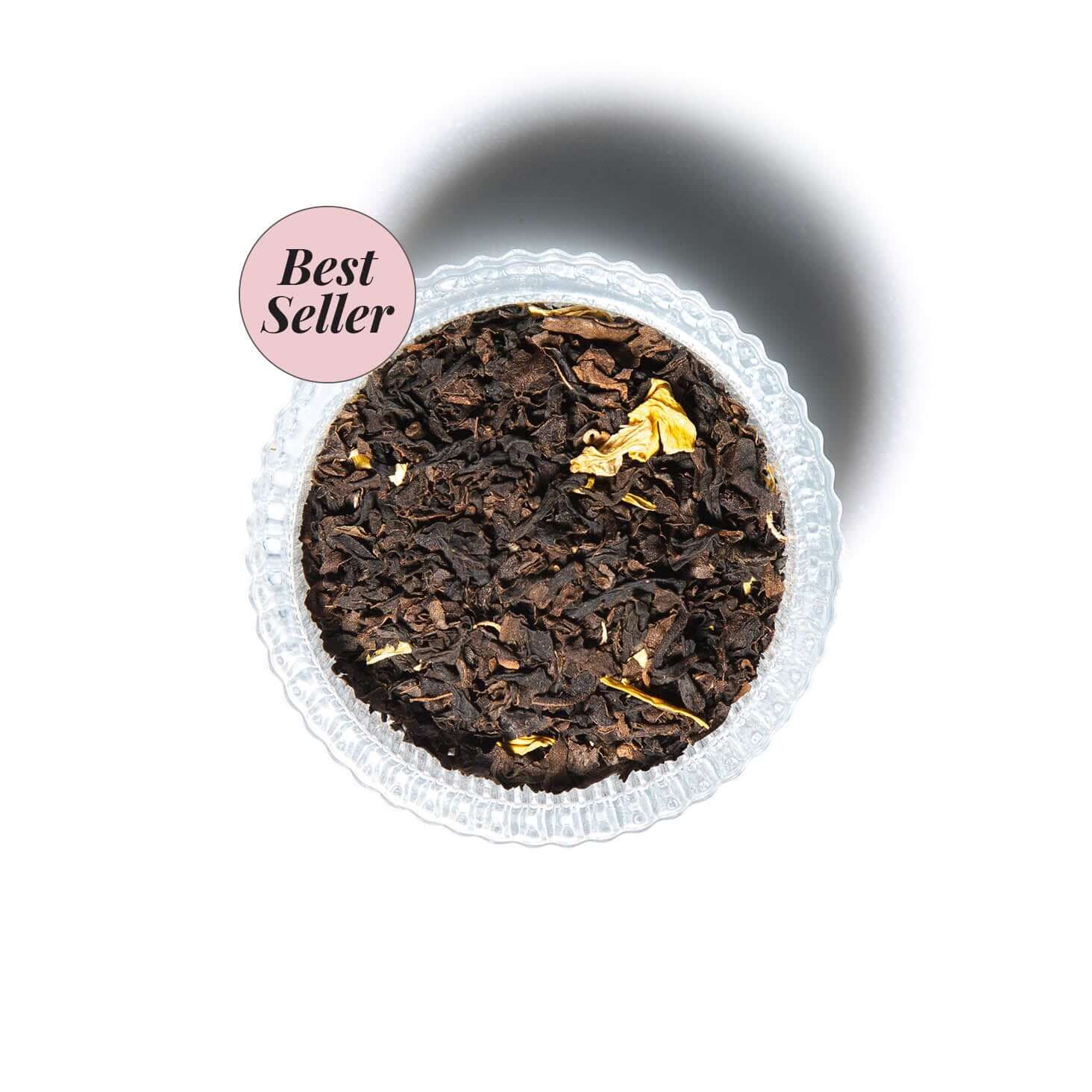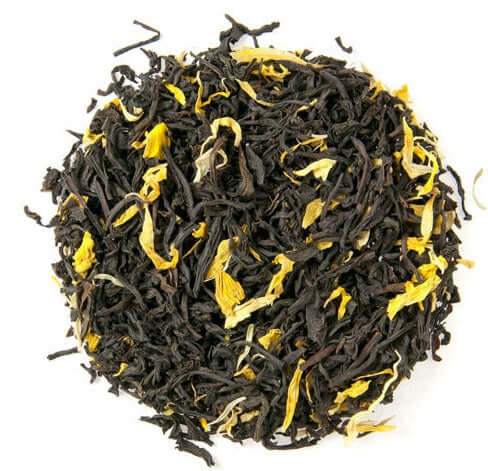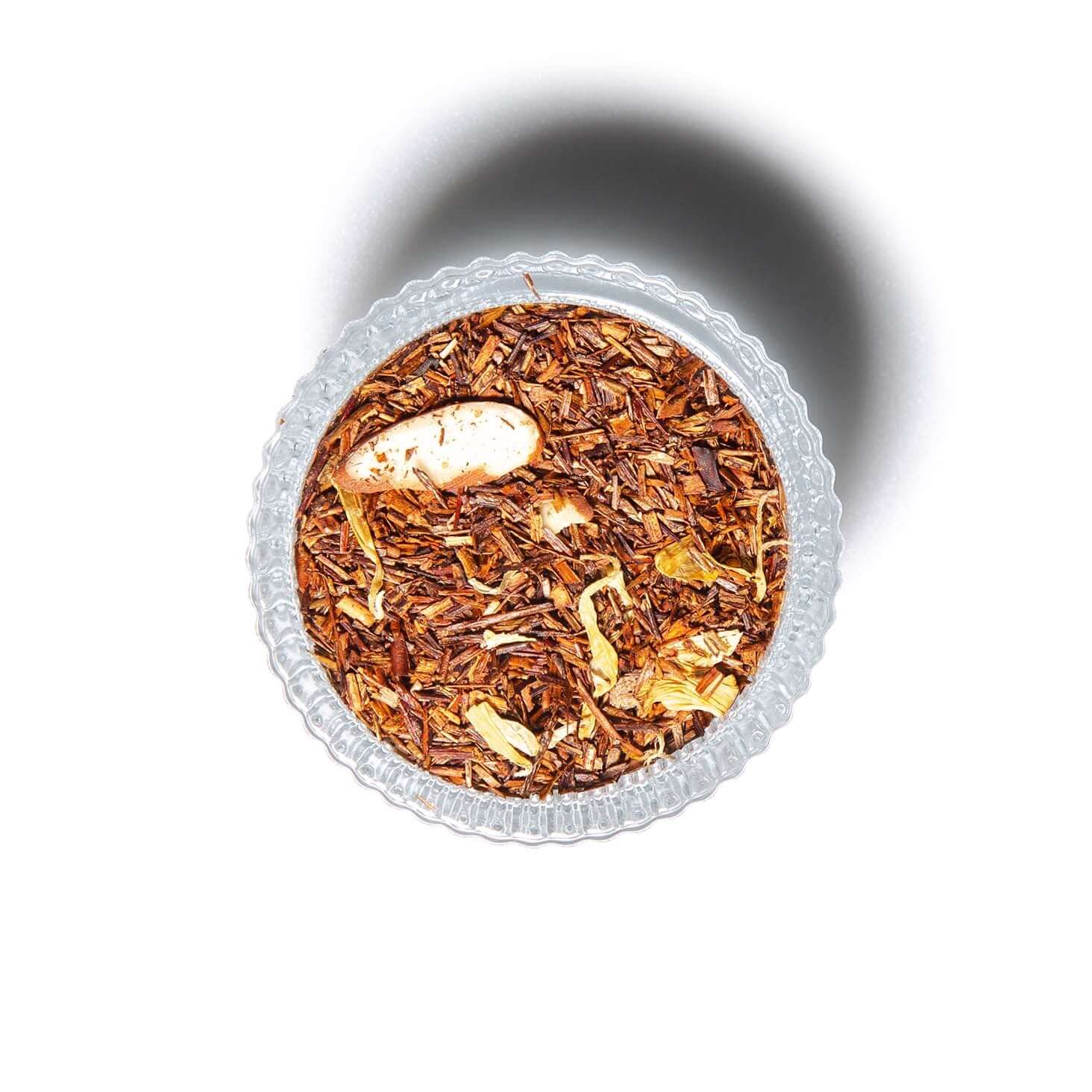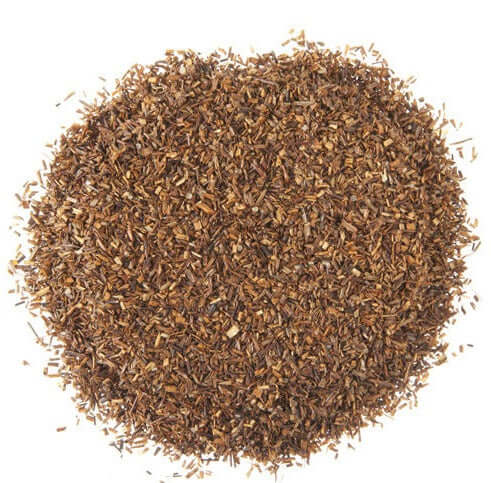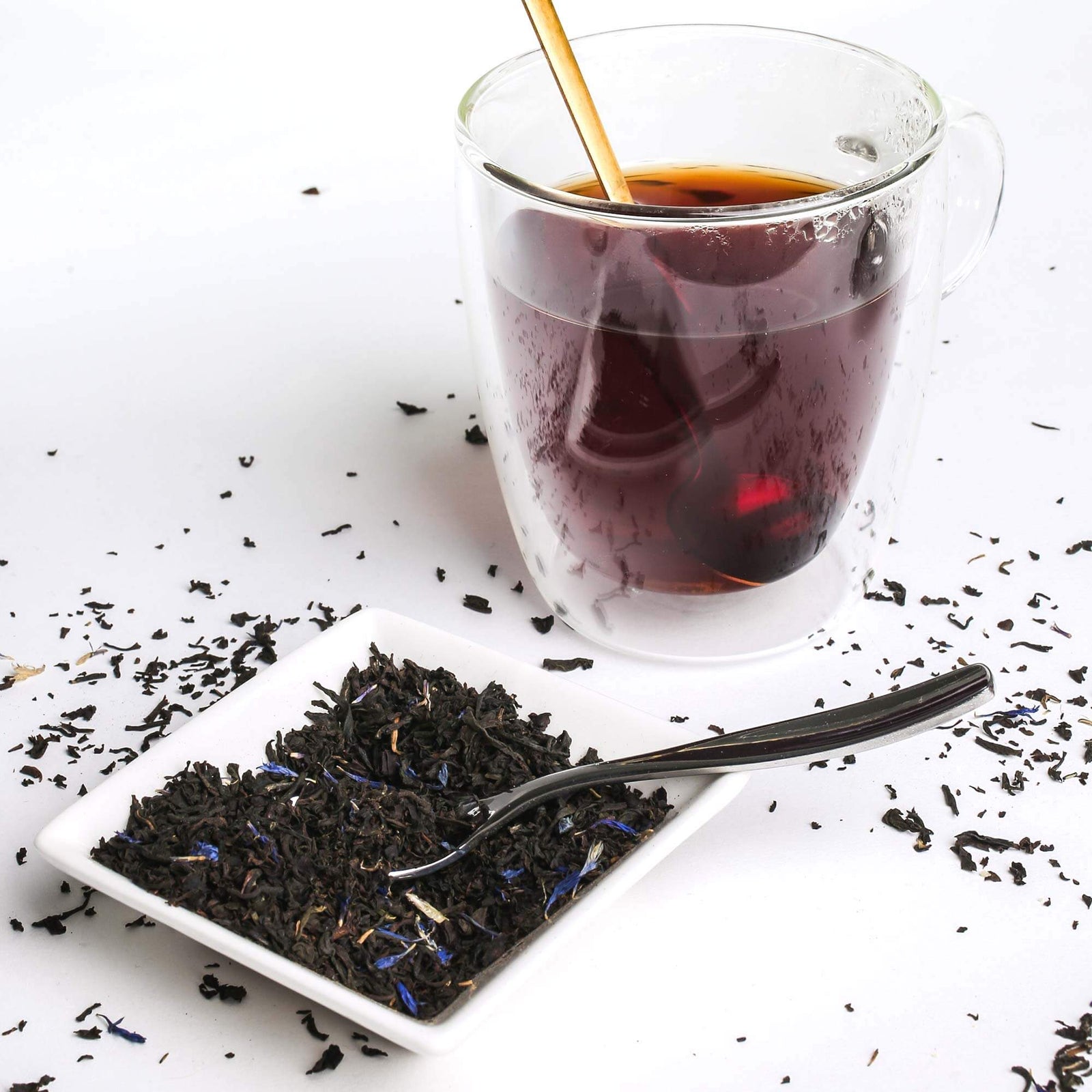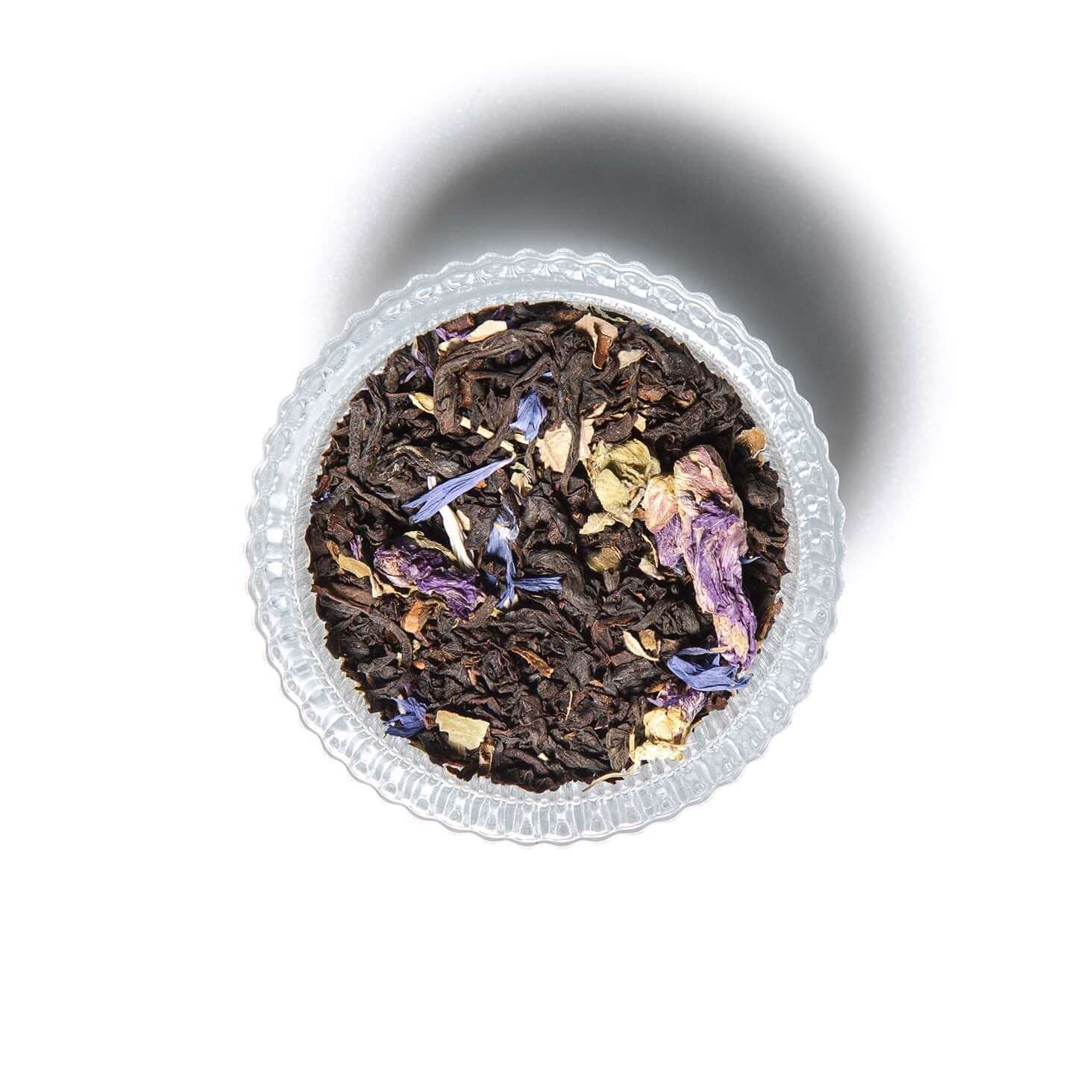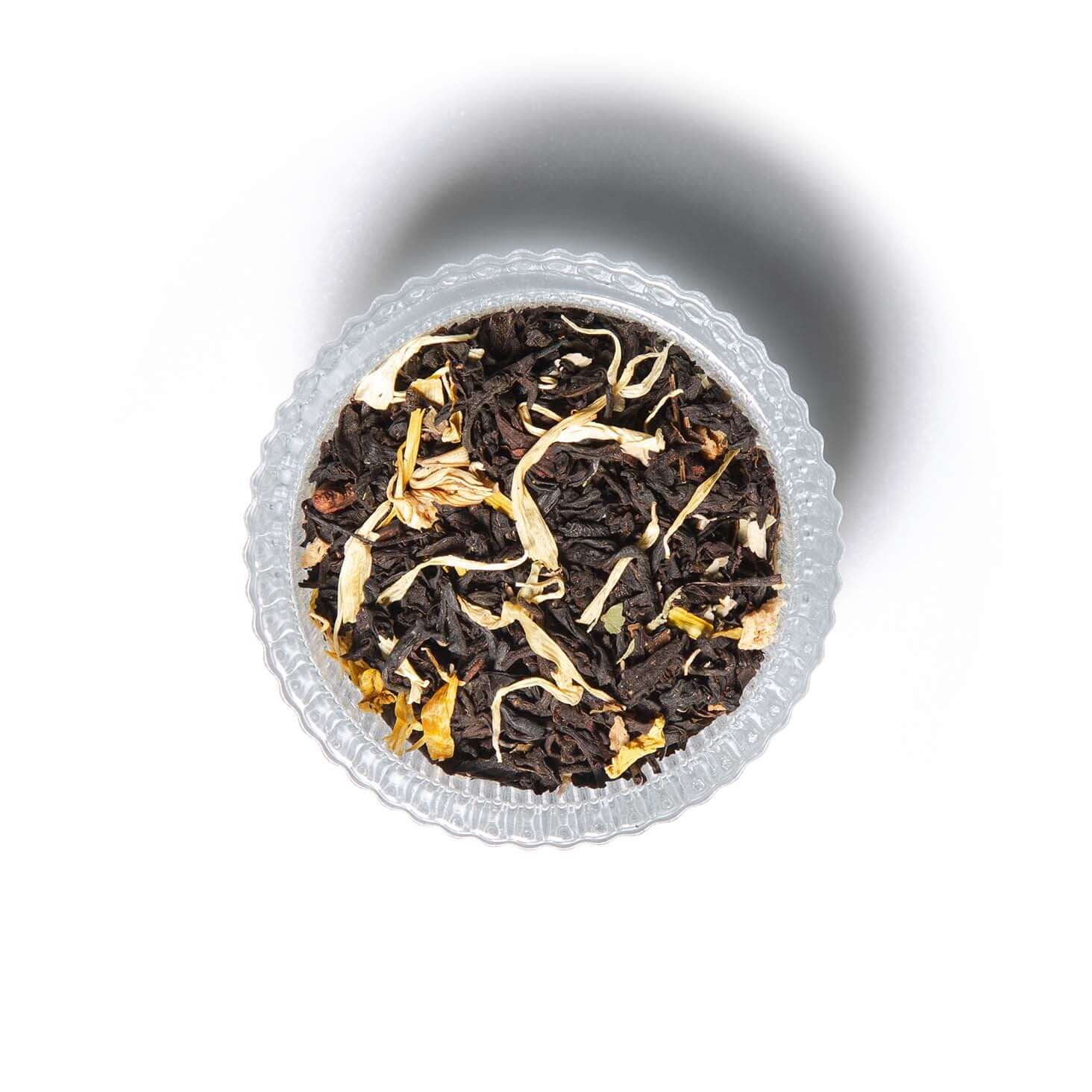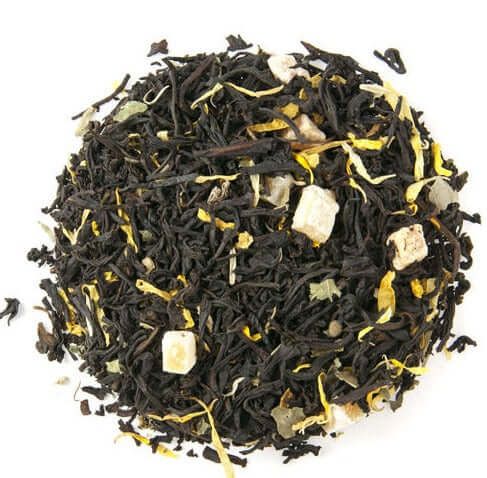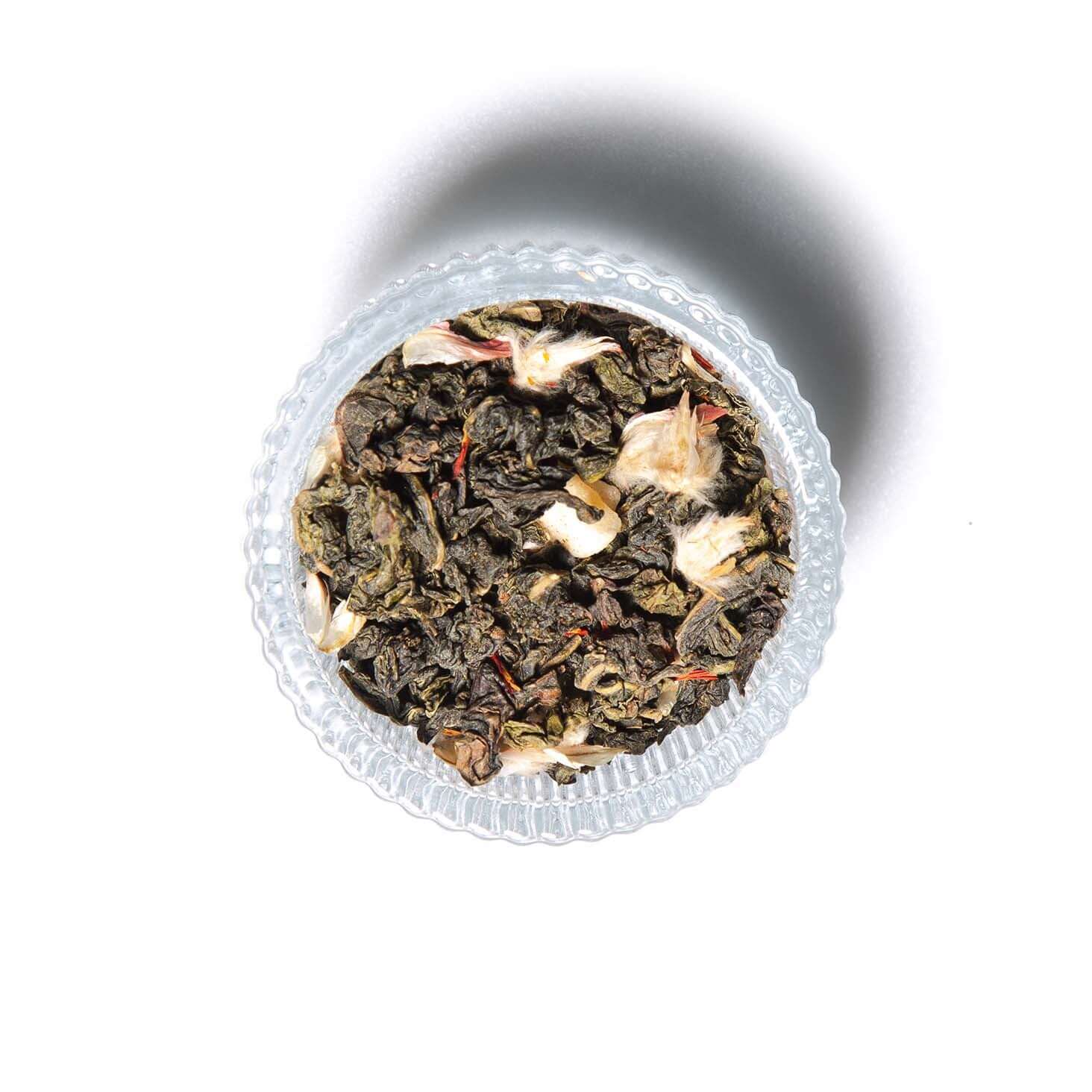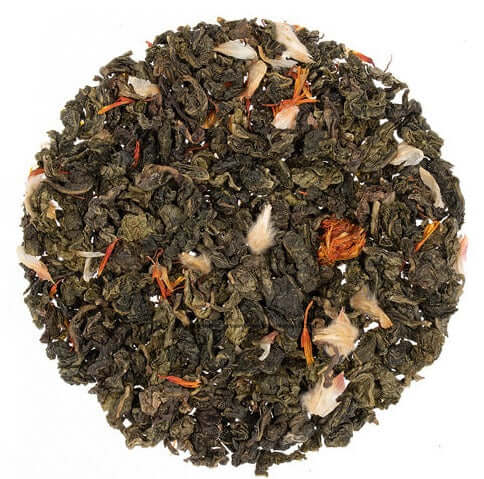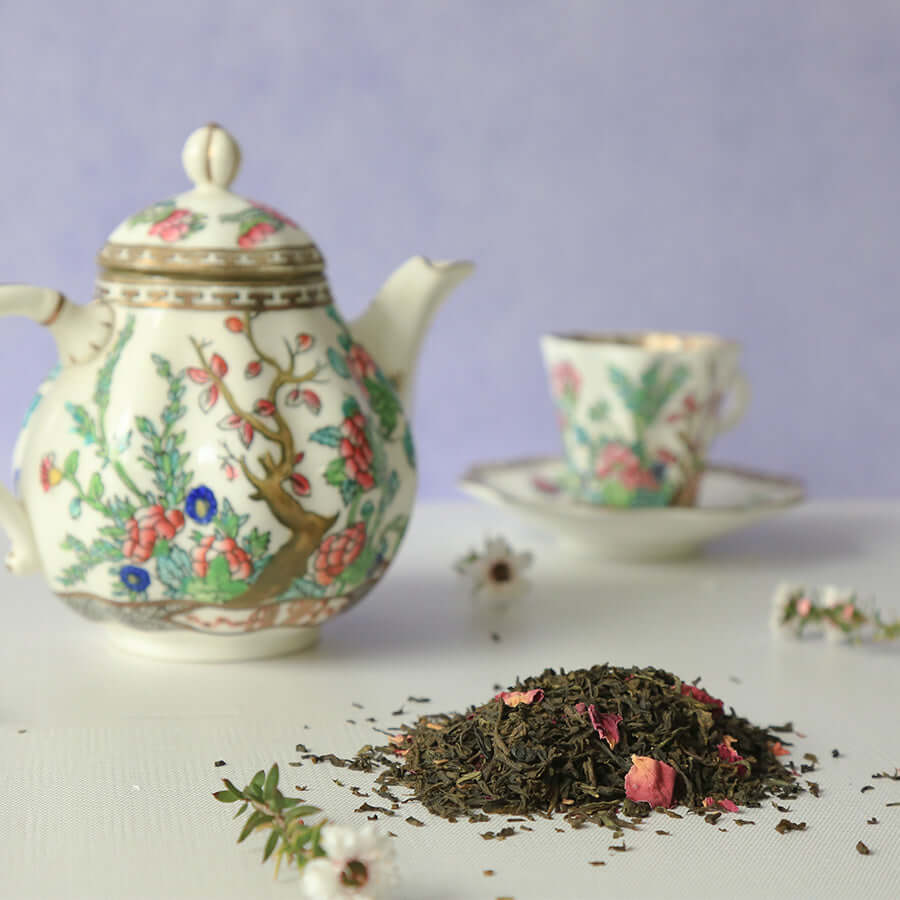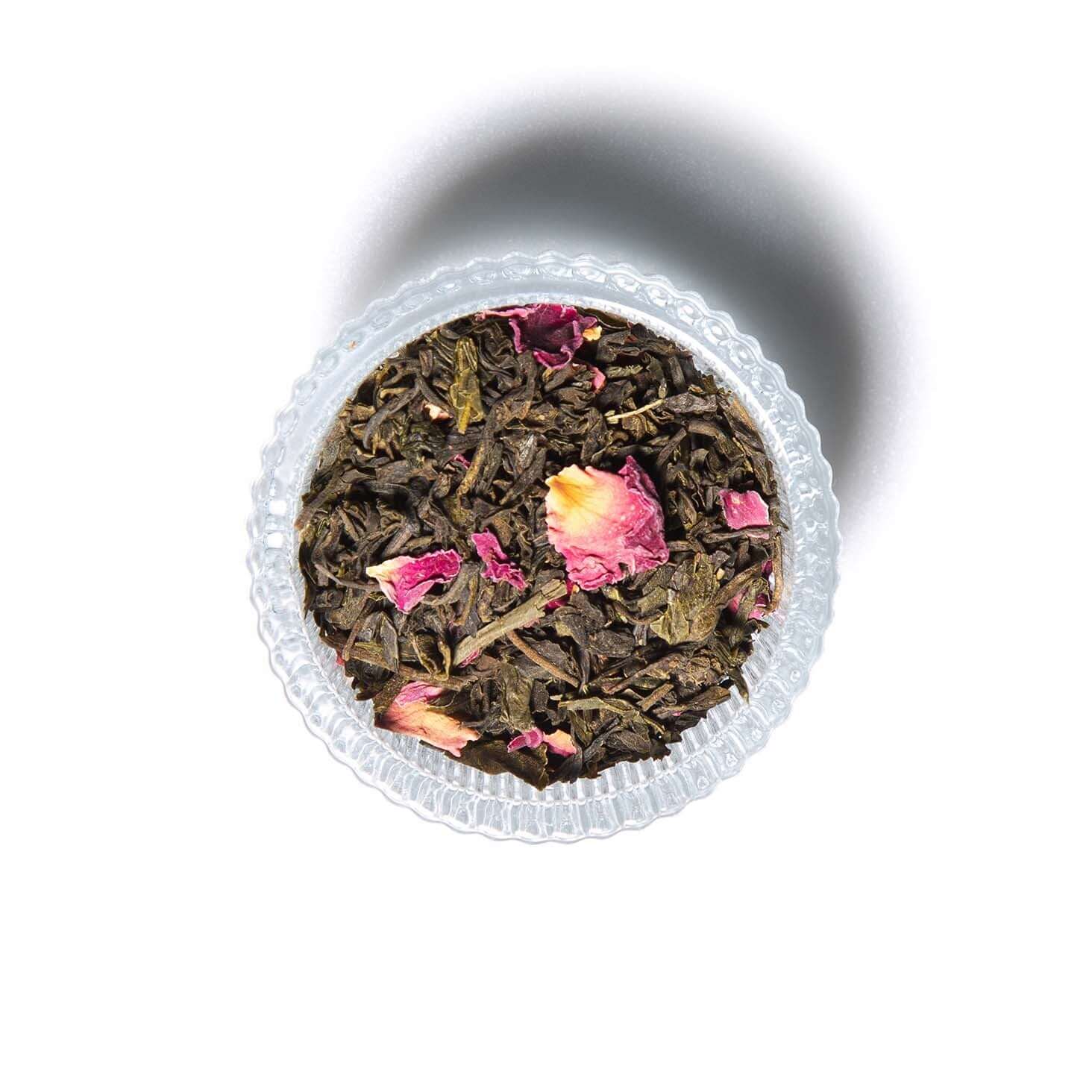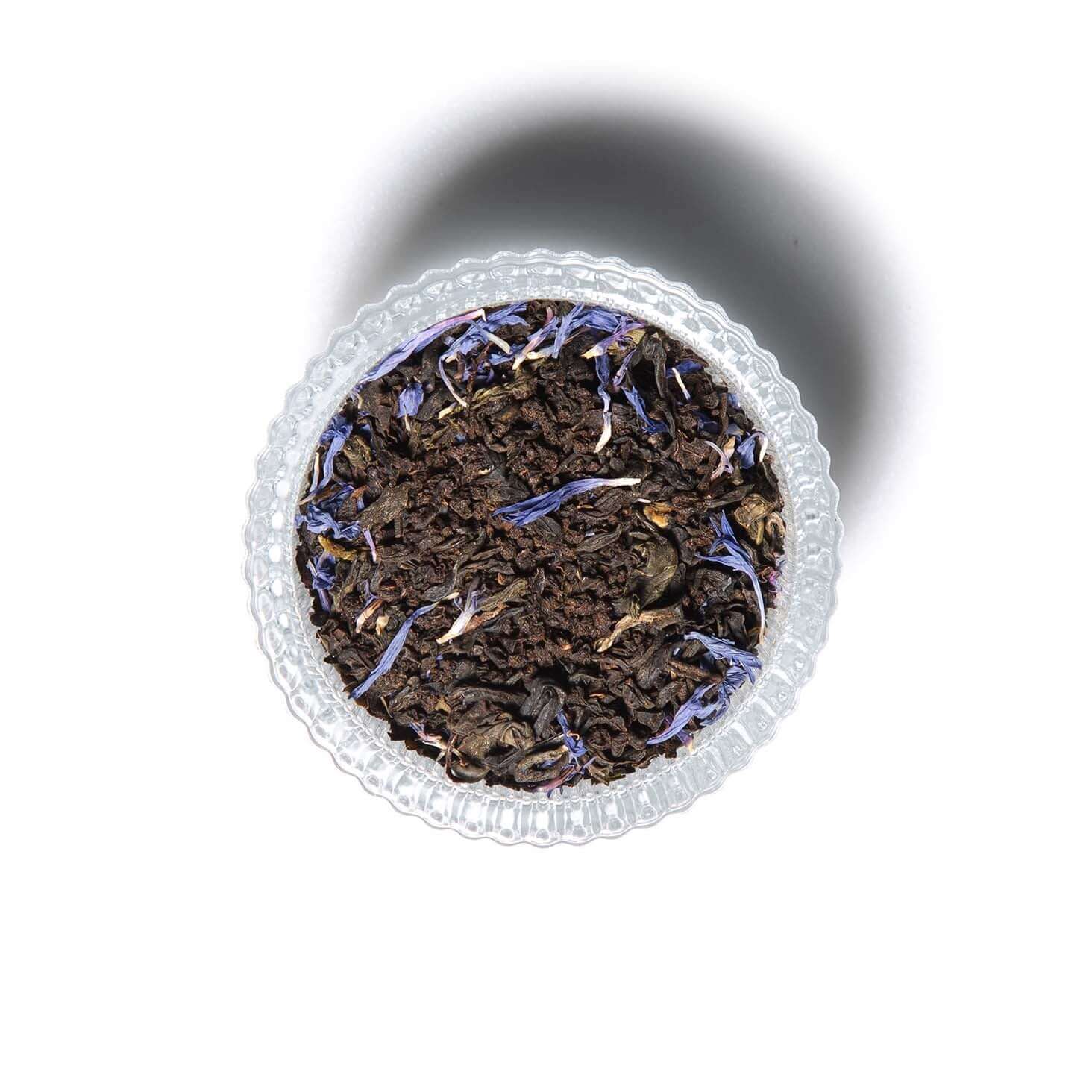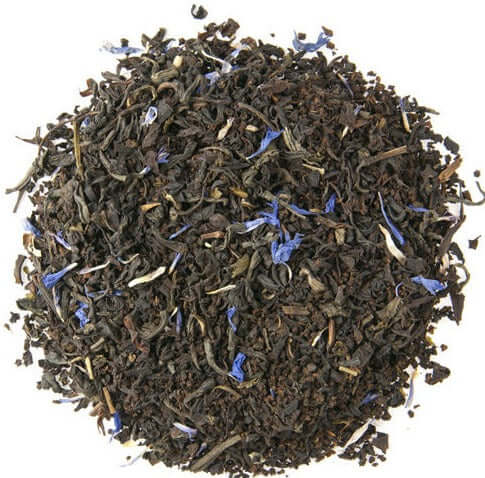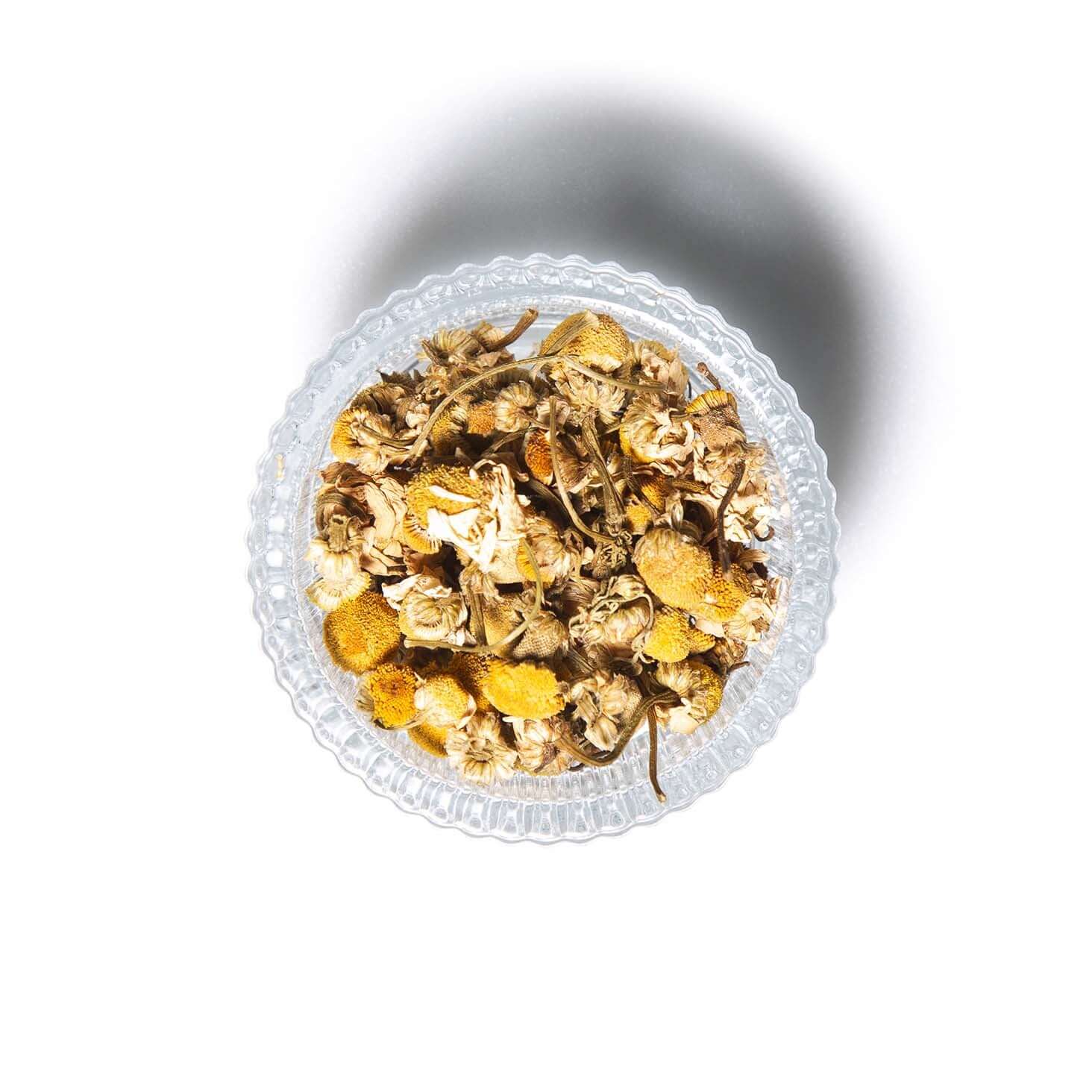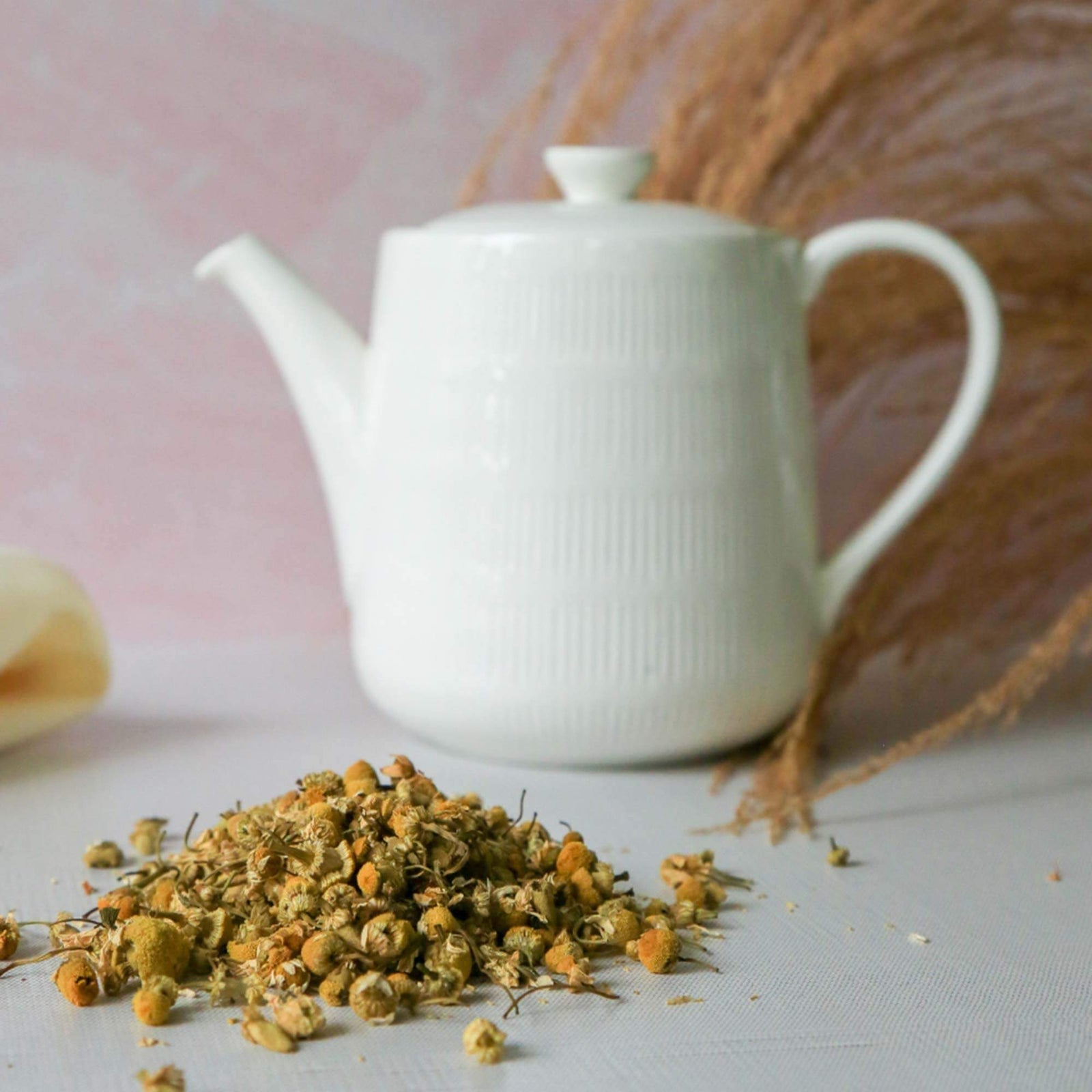In today's fast-paced world, many individuals experience stress and anxiety. Finding natural remedies to promote relaxation and calmness is crucial for overall well-being. Loose leaf tea, known for its delightful flavors and therapeutic properties, offers an excellent solution. Explore the soothing benefits of loose leaf tea for anxiety and relaxation and discover how this ancient beverage can become your ally in achieving a sense of calm and peace.
Table of Contents
1. Understanding Anxiety and the Need for Relaxation
Anxiety is a common mental health condition characterized by excessive worry, restlessness, and a sense of unease. It is essential to prioritize relaxation techniques to manage anxiety effectively. Relaxation not only helps alleviate the symptoms of anxiety but also promotes overall well-being and a more balanced state of mind.
2. Loose Leaf Tea: A Natural Remedy for Anxiety
Loose leaf tea has been revered for centuries for its calming properties. Its gentle warmth and therapeutic compounds make it an ideal natural remedy for anxiety. The act of brewing and sipping tea can be a meditative experience, allowing individuals to slow down, focus on the present moment, and find solace in the ritual.
3. Calming Effects: How Loose Leaf Tea Promotes Relaxation
The calming effects of loose leaf tea can be attributed to various factors. Firstly, certain tea varieties, such as chamomile and lavender, contain compounds that have been found to reduce anxiety and promote relaxation. Secondly, the act of drinking tea encourages deep breathing and mindful sipping, which can help calm the mind and body. Lastly, the warmth of the tea can provide a soothing sensation, aiding in the release of tension and promoting relaxation.
4. Popular Loose Leaf Tea Varieties for Anxiety and Relaxation
Several loose leaf tea varieties are renowned for their anxiety-relieving and relaxing properties. Some of the popular choices include:
- Chamomile Tea: Known for its gentle and calming effects, chamomile tea can help reduce anxiety, promote sleep, and soothe the digestive system.
- Lavender Tea: Lavender tea has a delightful floral aroma and can help ease anxiety and promote relaxation. It is also known for its potential to improve sleep quality.
5. The Role of Herbal Teas in Soothing Anxiety
Herbal teas, often made from a combination of various plants, can also be beneficial in soothing anxiety. Their unique blends offer a range of calming effects. For instance, a blend of chamomile, lemon balm, and passionflower can create a potent concoction to ease anxiety symptoms and promote relaxation.
6. Brewing Techniques for Maximum Relaxation
To maximize the relaxation benefits of loose leaf tea, it's important to follow proper brewing techniques.
Here's a simple guide to brewing herbal loose leaf tea:
-
Water temperature: 210-215°F (99-101°C)
-
Amount of loose leaf tea: 1-2 teaspoons per 8 oz (237 mL) of water
-
Steeping time: 4-5 minutes
-
Optional: Enhance the taste with sweeteners or milk, if desired.
7. Incorporating Loose Leaf Tea into Your Daily Routine
To fully enjoy the benefits of loose leaf tea for anxiety and relaxation, consider incorporating it into your daily routine. Set aside dedicated moments for tea breaks, where you can savor the flavors, practice mindfulness, and embrace downtime. Creating a ritual around loose leaf tea can enhance its calming effects and contribute to a sense of overall well-being.
8. Cautions and Considerations
While loose leaf tea is generally safe, there are a few cautions and considerations to keep in mind:
- Caffeine Sensitivity: Some loose leaf tea varieties, such as black or green tea, contain caffeine, which may affect individuals differently. If you are sensitive to caffeine, opt for caffeine-free or low-caffeine tea options.
- Allergies and Sensitivities: Be aware of any potential allergies to herbal tea blends. Some teas contain tree nuts. Read the ingredients carefully if you have a nut allergy.
- Individual Reactions: Each person may react differently to loose leaf tea, and it's important to pay attention to your body's response. If you experience any adverse effects, discontinue use and consult a healthcare professional.
9. FAQs
1) Can loose leaf tea completely cure anxiety?
While loose leaf tea can help alleviate anxiety symptoms and promote relaxation, it is not a cure for anxiety disorders. It is best used as part of a comprehensive approach that may include therapy, lifestyle modifications, and other relaxation techniques.
2) How often should I drink loose leaf tea for anxiety relief?
The frequency of drinking loose leaf tea for anxiety relief may vary from person to person. Some individuals find benefits from a daily cup, while others may prefer occasional use during particularly stressful periods. Listen to your body and adjust the frequency accordingly.
3) Are there any side effects of drinking loose leaf tea for relaxation?
When consumed in moderation, loose leaf tea typically does not cause significant side effects. However, excessive consumption or sensitivity to certain herbs may lead to digestive issues or allergic reactions. It's important to be mindful of your body's response and seek medical advice if needed.
4) Which loose leaf tea variety is best for promoting sleep?
Chamomile and lavender teas are well-known for their sleep-promoting properties. These herbal teas can help relax the mind and body, making them excellent choices for bedtime.
5) Can children consume loose leaf tea for anxiety?
It is advisable to consult with a pediatrician before introducing loose leaf tea to children, especially for anxiety-related concerns. The appropriate type and dosage will depend on the child's age and overall health.
Loose leaf tea offers a natural and soothing aid for anxiety and relaxation. With its calming effects, delightful flavors, and mindful rituals, it can become an integral part of your daily self-care routine. Whether you choose chamomile or a blend, you’ll find the process and effects of tea to be a great way to relax your body and mind.
